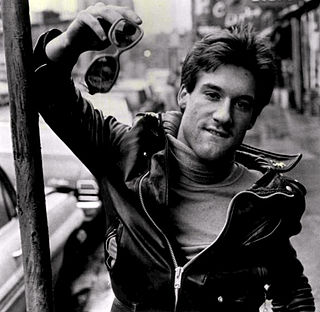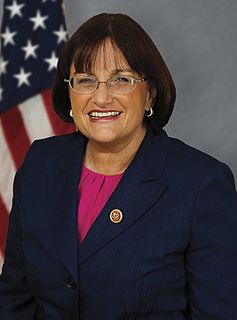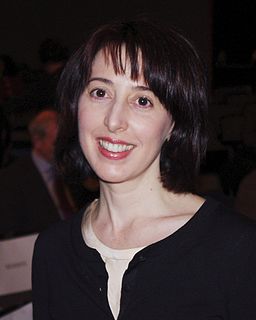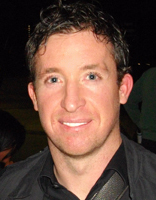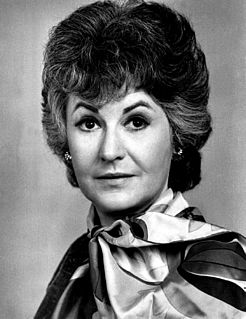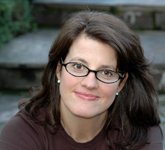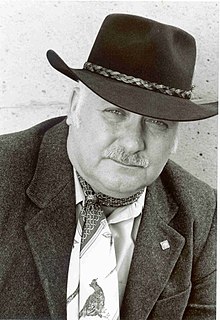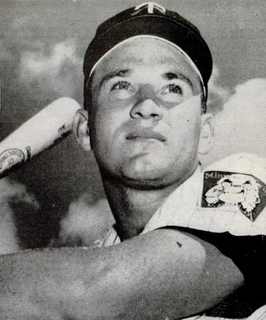Top 37 Hospice Quotes & Sayings
Explore popular Hospice quotes.
Last updated on October 10, 2024.
I used to work as a volunteer in a hospice, but I don't have any nursing skills or cooking skills or anything, so I was what they call an escort. I would take people to the support groups every night, and I would have to sit sort of on the sidelines so I could take them back to hospice at the end of the meeting.
The bulk of my learning - if I may call it such - has come within the past three months, after I became a part of the fragile body of patients who make up an AIDS hospice. Here, surrounded by teams of supportive nurses, attentive doctors, and interns, one gently comes upon his own strengths and shortcomings.
I do a fair bit for children's charities. The big ones I support in Liverpool are Zoe's Place Baby Hospice, and Claire House Children's Hospice. I donate money and time but the time is what they value the most. If my inclusion at any event they're doing, helps them to raise more money, then of course I'll be there.
We'll bury our mothers and fathers - shuttling our children off for sleepovers, jumping on red-eyes, telling eachother stories that hurt to hear, about gasping, agonal breaths, hospice nurses, scars and bruises and scabs, and how skin papers shortly after a person passes. We will nod in agreement that it is as much an honor to witness a person leave this world as it is to watch a person come into it.
Monica Besra, a Bengali woman from a remote Indian village, was reportedly suffering from a malignant ovarian tumor when she went, in 1998, to a hospice founded by Mother Teresa's Missionaries of Charity. Nuns at the mission reportedly placed a medallion with Teresa's image on Besra's abdomen, and the tumor disappeared.
My partner sometimes liked to go into the studio and improvise voice things just for fun. When I returned from England I transcribed one of her melodies, and had some of the hospice participants sing it, because they said they liked to sing. Their singing is very raw, but I'm going to use it for the final work.
Life is precious, so I ought to spend my days, you know, making sandwiches for homeless people and tending to the elderly in hospice care. Life is precious, so I should give everything away, except that I live in the world. And in the world, I actually have needs and wants, and I value my needs and wants. And I live in the world, and I can't just go make sandwiches every day because I also have to take kids to school. I also have to, you know, write books because that's my livelihood.
I talked to over two hundred patients and family members about their experiences with aging, serious illnesses, and the big unfixables. But I also spoke with scores of physicians, and especially geriatricians, palliative care doctors, hospice nurses, and nursing home workers. The biggest thing I found was that when these clinicians were at their best, they were recognizing that people had priorities besides merely living longer. The most important and reliable way that we can understand what people's priorities are, besides just living longer, is to simply ask. And we don't ask.
The Saint Bernards work best in teams of at least three dogs. They are sent out on patrols following storms, and they wander the paths looking for stranded travelers. If they come upon a victim, two dogs lie down beside the person to keep him warm; one of the two licks his face to stimulate him back to consciousness. Meanwhile, another dog will have already started back to the hospice to sound the alarm.
Margaret Miles offers a stunning treatment of human experience, coaxing humans to leave dualisms behind and embrace our intelligent bodies. In a foundational text, she draws on the arts, philosophy and theology, and her experience as a hospice volunteer to explore concrete alternatives to privileging the rational mind. Her erudition, wisdom, and graceful writing are compelling proof of the intelligent body.

